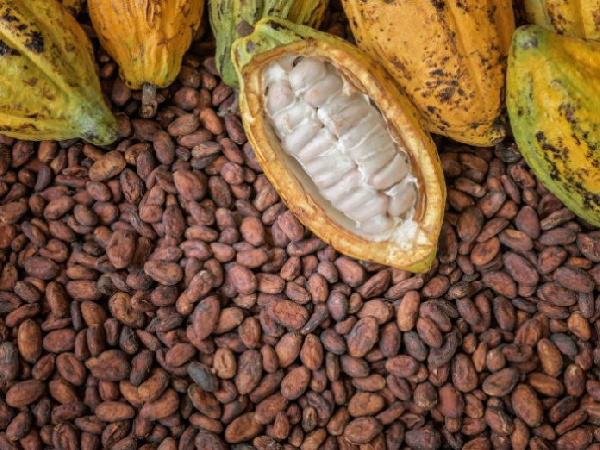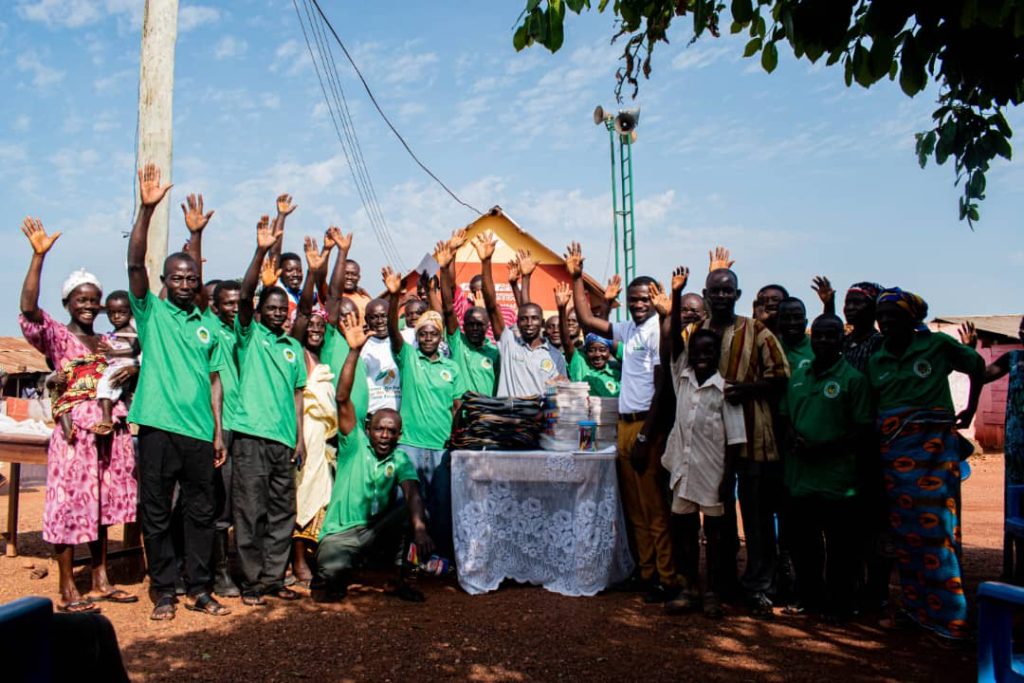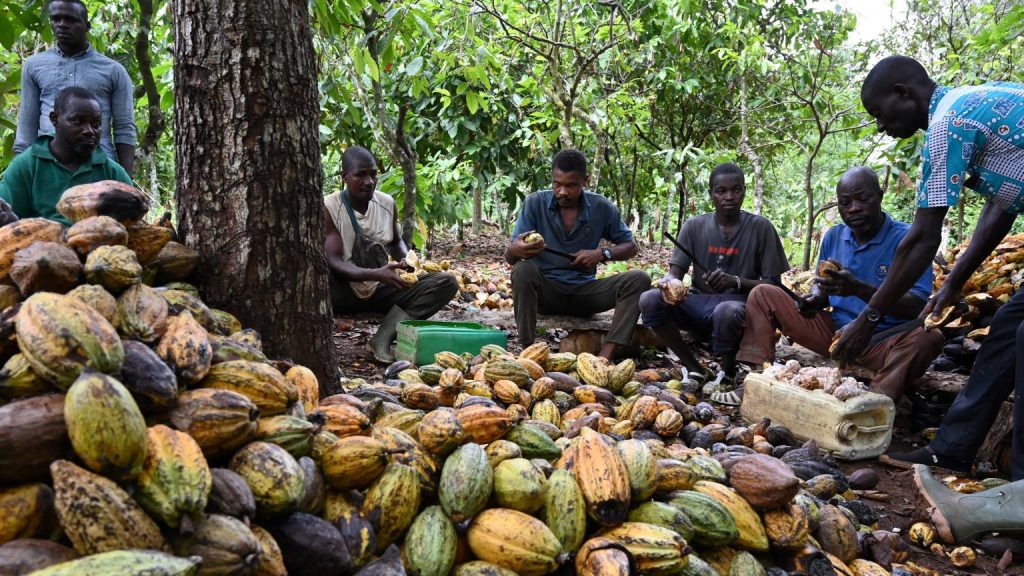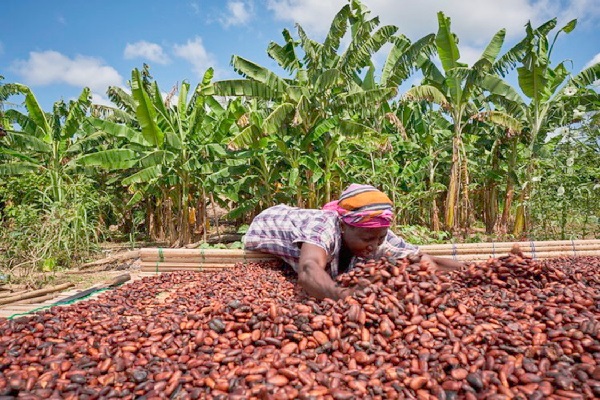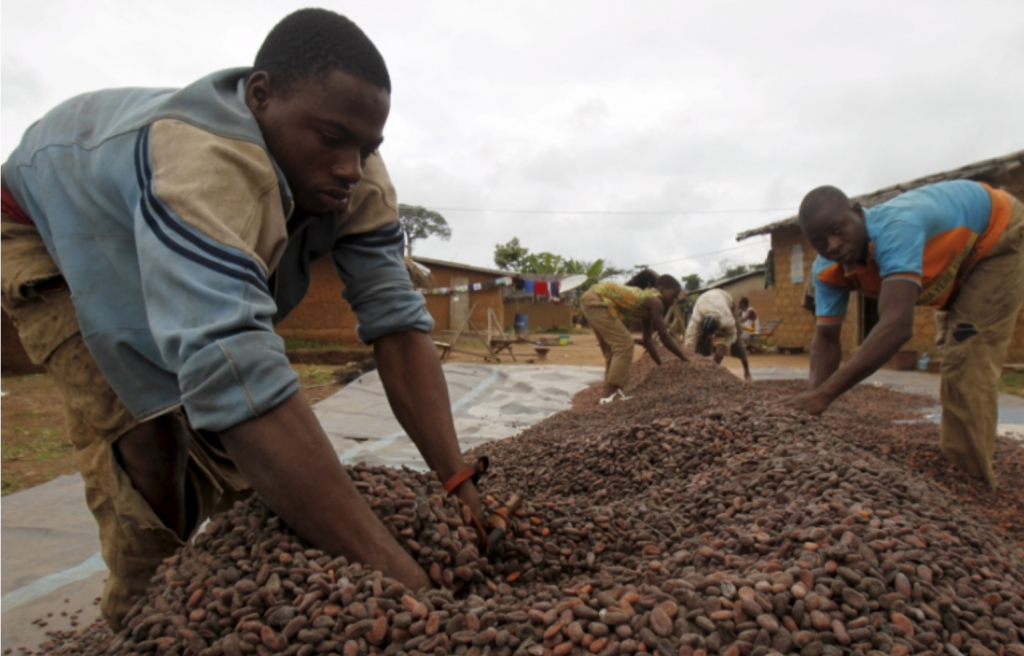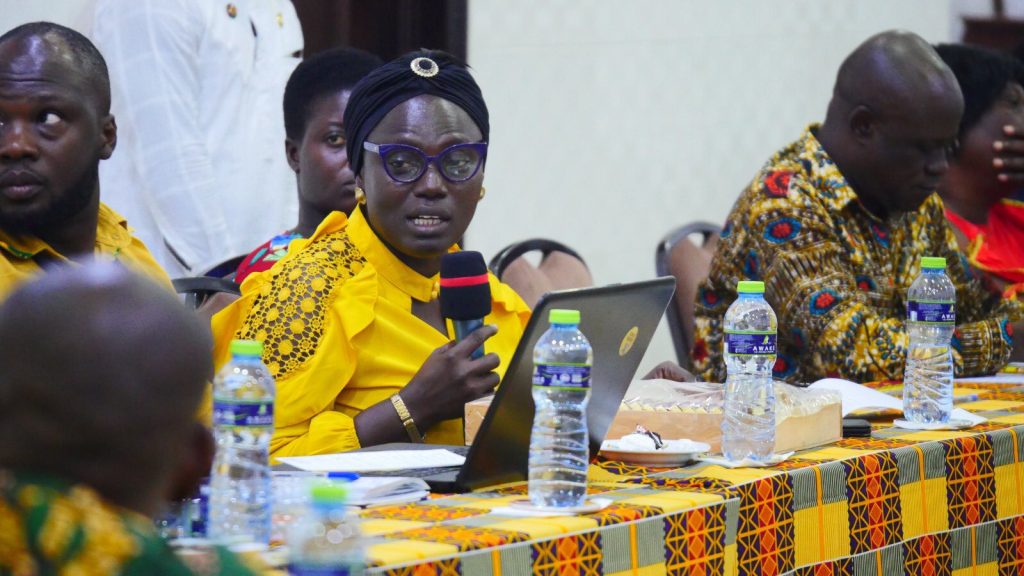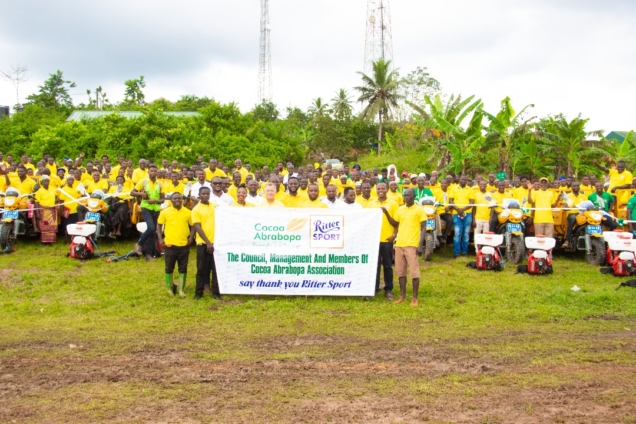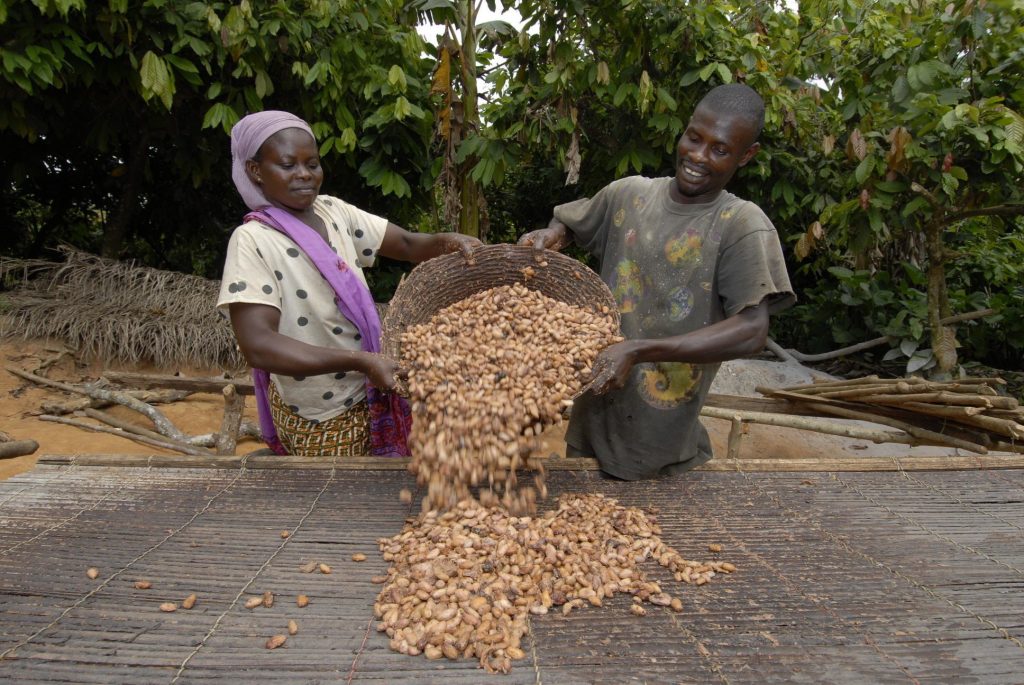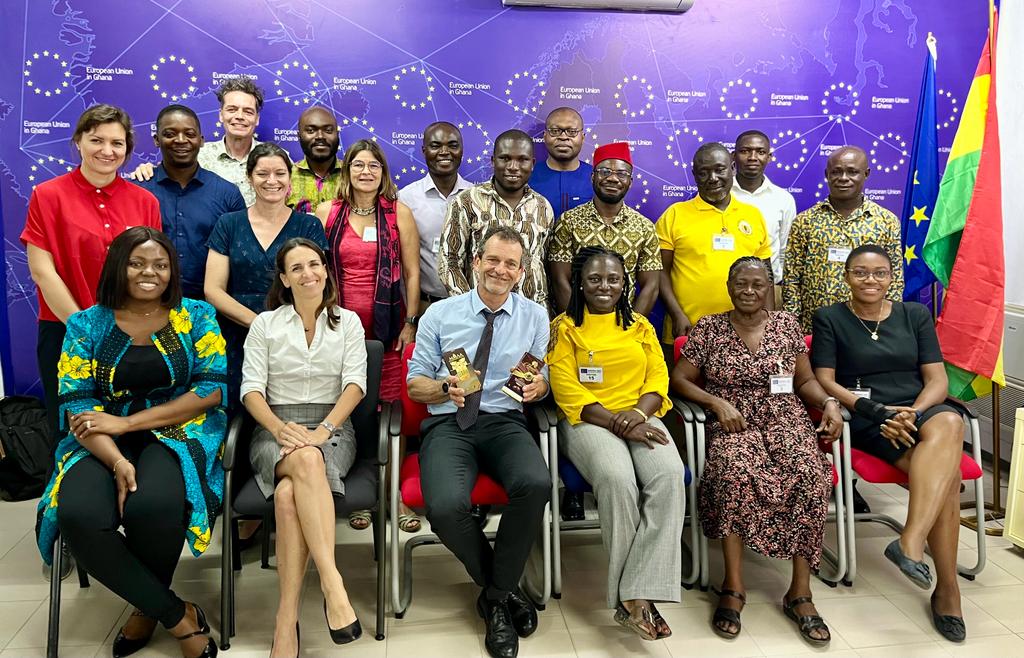LONDON/BRUSSELS, June 13 (Reuters) – Intercontinental Exchange (ICE.N) plans a traceability service to help cocoa and coffee firms comply with a new EU law preventing the import of commodities linked to deforestation.
The law, expected to come into effect around end-2024, will require companies selling commodities in the European Union to produce a due diligence statement and verifiable data proving their goods were not grown on land deforested after 2020.
ICE said the ICE Commodity Traceability (ICoT) service will independently verify and check company data, making sure it complies with the new law, which covers cocoa, coffee, beef, soy, palm and other commodities.
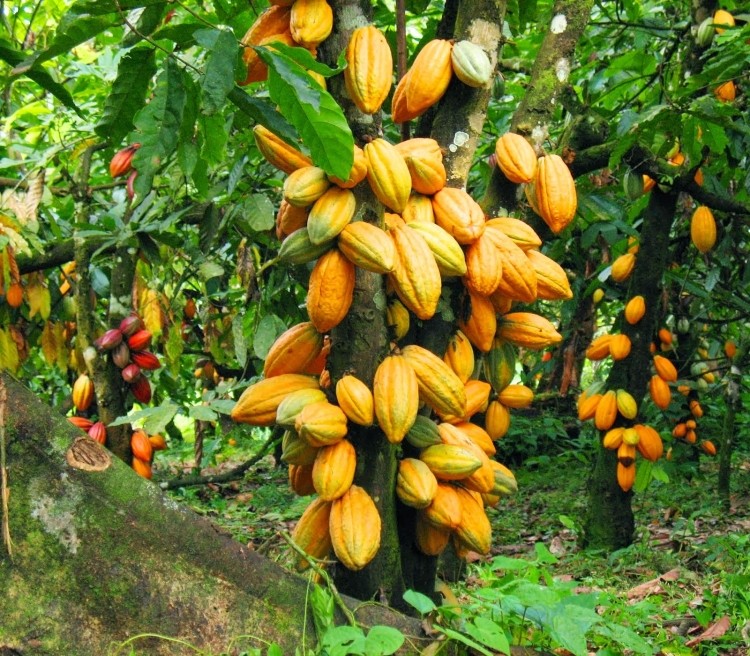
Deforestation is responsible for about 10% of the global greenhouse gas emissions that drive climate change, and the landmark law aims to tackle the EU’s contribution to this.
“ICoT will assist customers in demonstrating compliance (with the law),” said Clive de Ruig, president of ICE Benchmark Administration (IBA), the ICE business unit in charge of ICoT, which will be launched next year.
ICE has a long established position in the global cocoa and coffee markets, with its benchmark futures , , , widely used to price different grades of the physical commodities.
IBA is a regulated body that operates official auctions that set global benchmarks used to price contracts, including for commodities like gold and silver.
“ICoT will carry out automated data quality verification tests on the traceability data submitted by traders, (including) validating farm data against other sources of geospatial data such as satellite imagery,” IBA told Reuters.
Failure to comply with the EU law, which is expected to have a wide ranging impact on the global commodity markets it covers, could result in fines of up to 4% of a company’s turnover in an EU member state.

